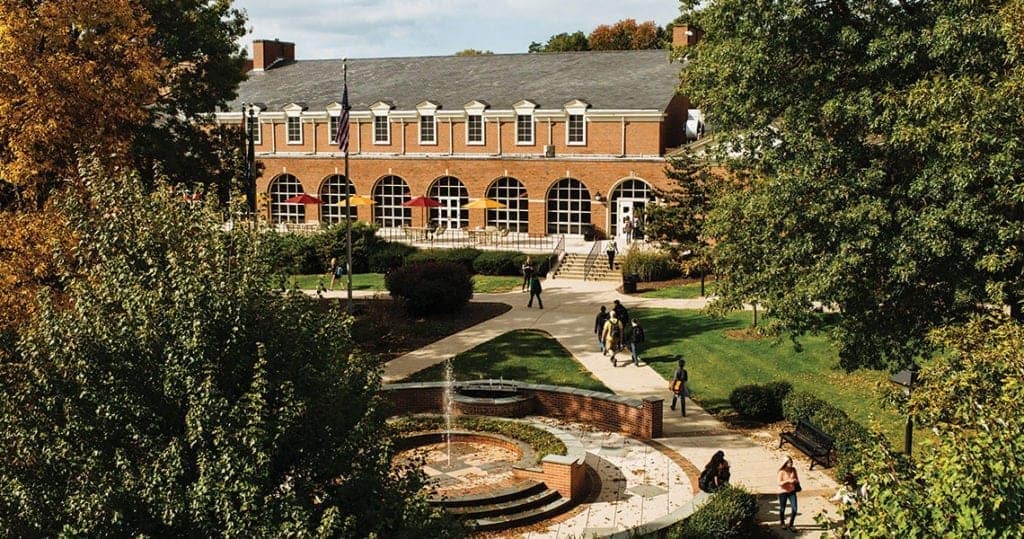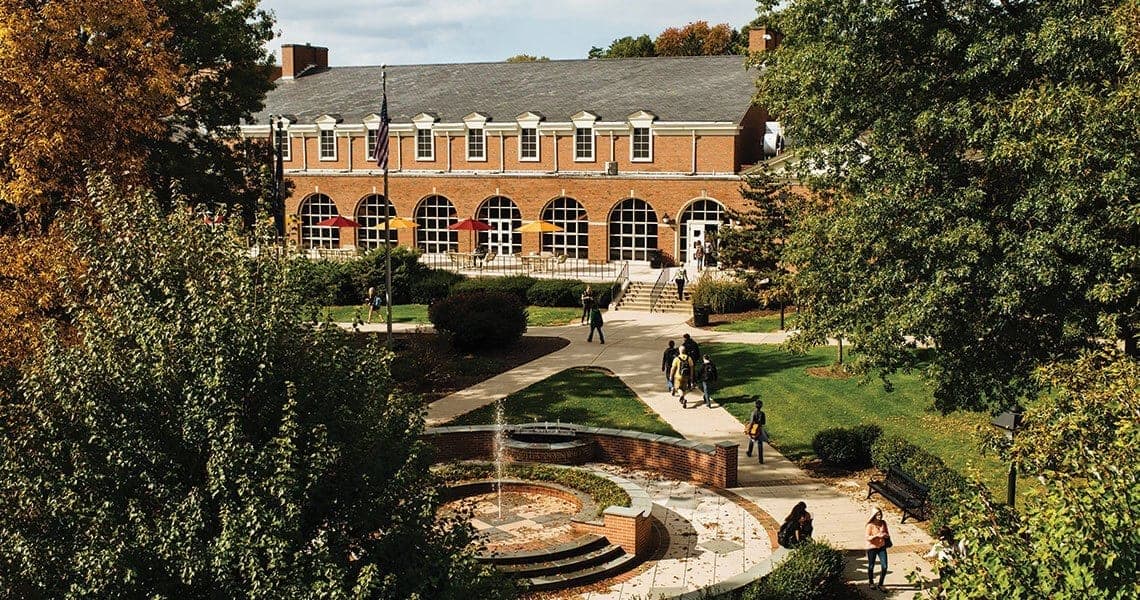Susquehanna University arming of campus security fuels gun debate

Selinsgrove, PA December 29 2018
Students at a Central Pennsylvania university are protesting a new policy of arming retired state troopers who serve on the school’s security force.
Susquehanna University became the most recent school in the Commonwealth to arm its security force, spurring protests by students who felt left out of the decision-making process and have concerns about potential increases in excessive force.
Three-quarters of the country’s four-year colleges with 2,500 or more students have armed officers on campus, according to a 2015 U.S. Department of Justice report.
Many of Pennsylvania’s public and state-related universities — including Temple, Penn State, Pitt, Temple, the University of Pennsylvania, Drexel, West Chester and Millersville — have armed police forces.
Some private colleges, such as Lehigh, Gettysburg and Muhlenberg, do arm their public safety officers, while others, including Swarthmore, St. Joseph’s and Cabrini, do not.
Arming campus security forces is part of a trend that also includes state legislation allowing concealed weapons on college and university grounds.
The topic comes up more frequently since recent campus shootings have forced higher-ed institutions to grapple with how to respond immediately and forcefully, said Peter Lake, who leads the Center for Excellence in Higher Education Law and Policy at Florida’s Stetson University.
“One of the solutions that some people have put forward is weaponized police forces,” he said. “And, in some cases, those that are already weaponized [want] more weapons and training tactics to improve responsibility in the unlikely event of a violent threat.”
Reactions are mixed, Lake said.
“Some areas of the country, people will embrace armed officers almost immediately. In other places, you’ll see more significant resistance to the idea,” he said. “Some folks want more inclusion in the process of decision making. Others will defer to the so-called experts to make the best decisions possible for them.”
The challenge is how to maintain an open campus model in the midst of random and lethal violence, he said.
“In order to cope with our instincts to maintain open campuses, we have to make some culture changes one way or another — or at least accept certain things that would have been almost inconceivable in another generation,” Lake said.
However, it’s difficult to discern whether armed officers have reduced violent incidents on campus.
“It’s very political in terms of people’s mentality about the safety of weapons because it’s not just the number of shootings that might be prevented, but the feeling of safety that some people have or don’t have because of the presence of weapons,” he said.
It’s also statistically challenging since serious or lethal gun violence on college campuses is rare, Lake said.
Another part of the debate focuses on whether students and faculty should be able to carry concealed weapons.
“Much of it, if not all of it, connects with the idea of improving safety or at least the feeling of safety on campus,” he said. “And I think some individuals who are weaponized with concealed carry feel safer.”
He said that’s vested in the idea that someone with a weapon might be able to intervene in a case of deadly violence.
“The ‘Gunsmoke’ vision of this … where there’s a bad guy and this other guy has a weapon and shoots that bad guy,” Lake said. “That’s one of the several possibilities that can occur, but it’s not remotely the only one.”
Dozens of states allow carrying a firearm on public campuses.
Pennsylvania does not, and officials at several colleges and universities have signed a pledge to oppose legislation allowing concealed weapons on campuses
Philadelphia Tribune




